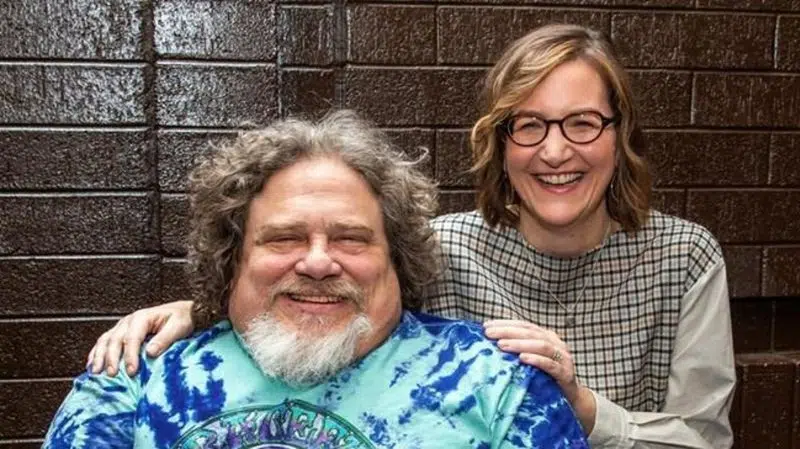
In ‘Crip Camp,’ a rare spotlight for disability rights
PARK CITY, Utah — It wasn’t Judith Heumann’s first standing ovation, but it might have been her loudest.
Heumann, who had polio as a baby and uses a wheelchair, has for decades been one of the leading figures of the disability rights movement. When the Brooklyn native, after graduating from college, was denied a teaching license by New York City’s board of education because her wheelchair was declared a fire hazard, she sued and won. In 1977, when the first federal civil rights legislation for disabled people stalled, she led a historic 28-day-long sit-in. The victory paved the way for 1990’s Americans With Disabilities Act.
Her story is one of several central to “Crip Camp: A Disability Revolutionary,” a rousing and rare look at the disability rights movement. It traces the movement’s origins to an upstate New York summer camp for teens with disabilities that was run in 1970s with much of the free spirit of nearby Woodstock. The film, the second backed by Barack and Michelle Obama’s Higher Ground Productions following the Oscar-winning “American Factory,” hits Netflix on Wednesday.
For camp attendees who came with polio, cerebral palsy and other disabilities, Jened was a utopia of acceptance and community. And it helped spark a movement. When its campers returned to their homes, they were emboldened to demand to be treated like human beings. Heumann went there. So did Jim LeBrecht, co-director of “Crip Camp.” He was born with spina bifida.


